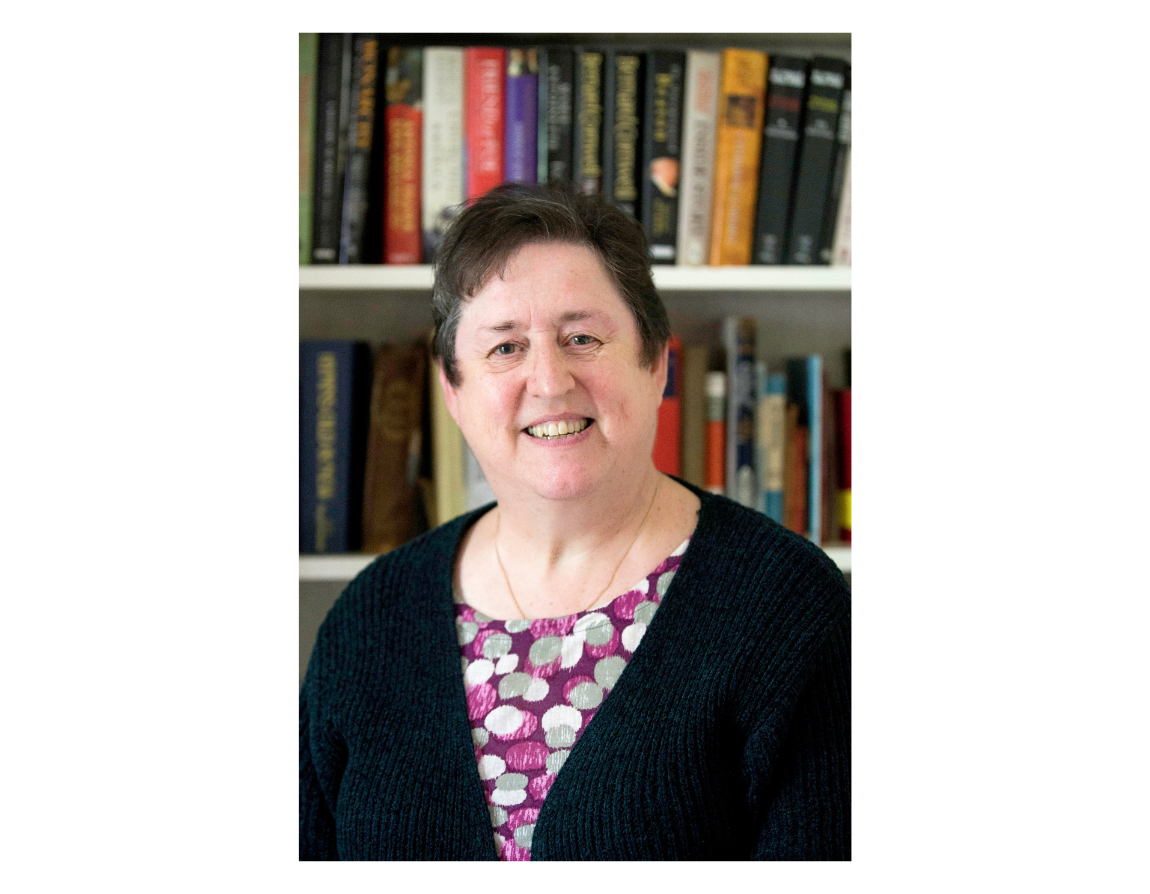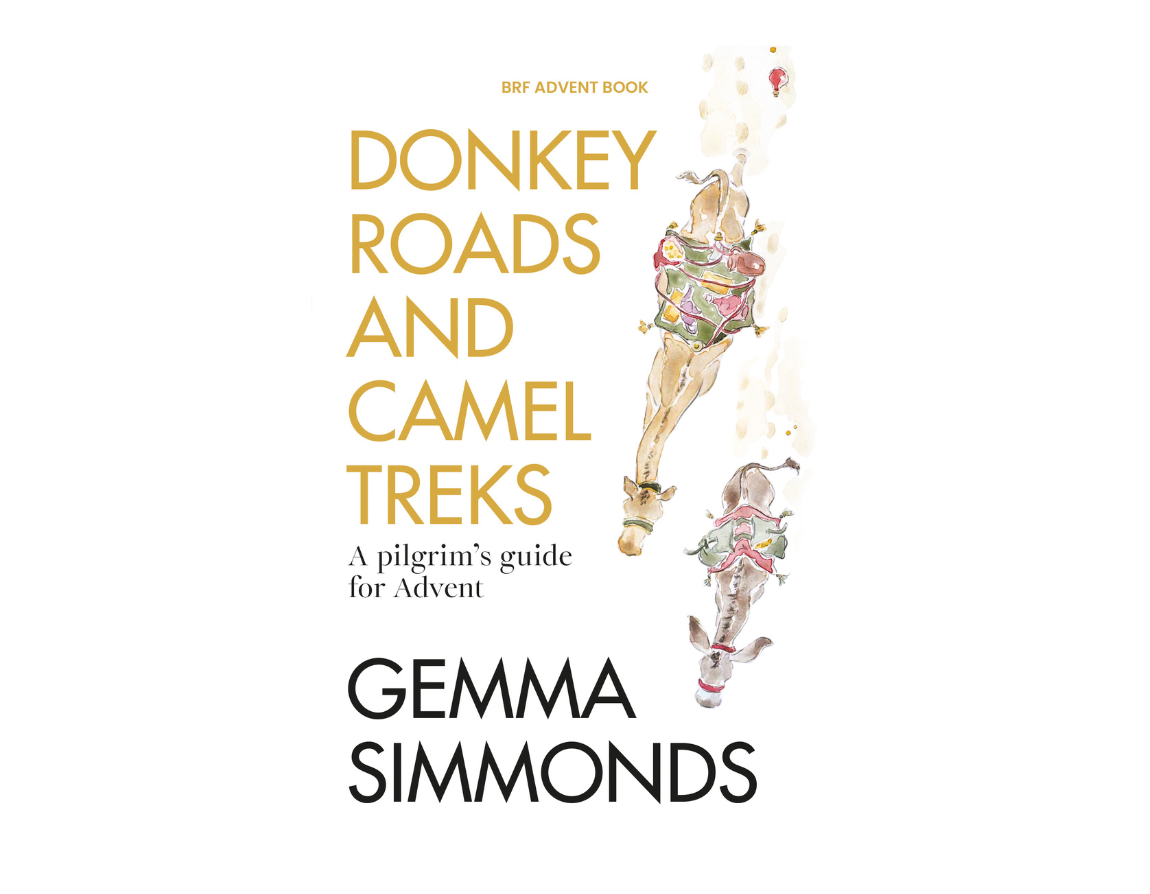An extract from our 2025 Advent book, Donkey Roads and Camel Treks: A pilgrim’s guide for Advent, by Gemma Simmonds.
26 October 2025
Awake, awake,
put on your strength, O Zion;
put on your beautiful garments,
O Jerusalem, the holy city;
for there shall no more come into you
the uncircumcised and the unclean.
Shake yourself from the dust, arise,
O captive Jerusalem;
loose the bonds from your neck,
O captive daughter of Zion…How beautiful upon the mountains
are the feet of him who brings good tidings,
who publishes peace, who brings good tidings of good,
who publishes salvation,
who says to Zion, ‘Your God reigns.’
Hark, your watchmen lift up their voice,
together they sing for joy;
for eye to eye they see
the return of the Lord to Zion.
Break forth together into singing,
you waste places of Jerusalem;
for the Lord has comforted his people,
he has redeemed Jerusalem.
The Lord has bared his holy arm
before the eyes of all the nations;
and all the ends of the earth shall see
the salvation of our God.Isaiah 52:1–2, 7–10 (RSV)
A gracious God
For me, at best, times and seasons are welcome opportunities for marking the wonderful variety and rhythms of the year. When they are hijacked, by-passed or ridden roughshod over by the demands of consumer consciousness gone mad, it fills me with disgust. I post enraged photographs of these ill-timed items on WhatsApp and Facebook and make Grumpy Old Woman comments to my patient friends, while ranting about the pointlessness of so-called Advent calendars, which, instead of being a means of increasing anticipation of Christmas through delayed gratification, are simply another excuse to turn the season into a bloated consumer fest.
I have a sense of God rolling divine eyes at me every year. ‘Not on about that again, are you? Do you still not understand that I’m willing to take anything I can get on the part of humanity, even if it’s the barest remnants of Christian folk memory?’ The 14th-century English mystic Julian of Norwich claimed remarkably that God is grateful when we remember him. This seems a shocking thing to assert. It sounds as if God is somehow content to take the crumbs off our table. Surely that can’t be true?
Yet we have ample evidence from the words and behaviour of Jesus, the Word made flesh, that this is exactly how God is with us. He takes the clumsy faith of a tax collector hidden up a tree, the reticent hope of a Roman centurion unsure of his welcome, the thanks of the one grateful leper and the despairing prayers of a woman outcast and shamed by her defiling illness, and transforms them into life-changing gifts of grace. Prayer and faith are never performance-related activities, nor are they things that we do for God. They are in themselves gifts that God gives and does for us.
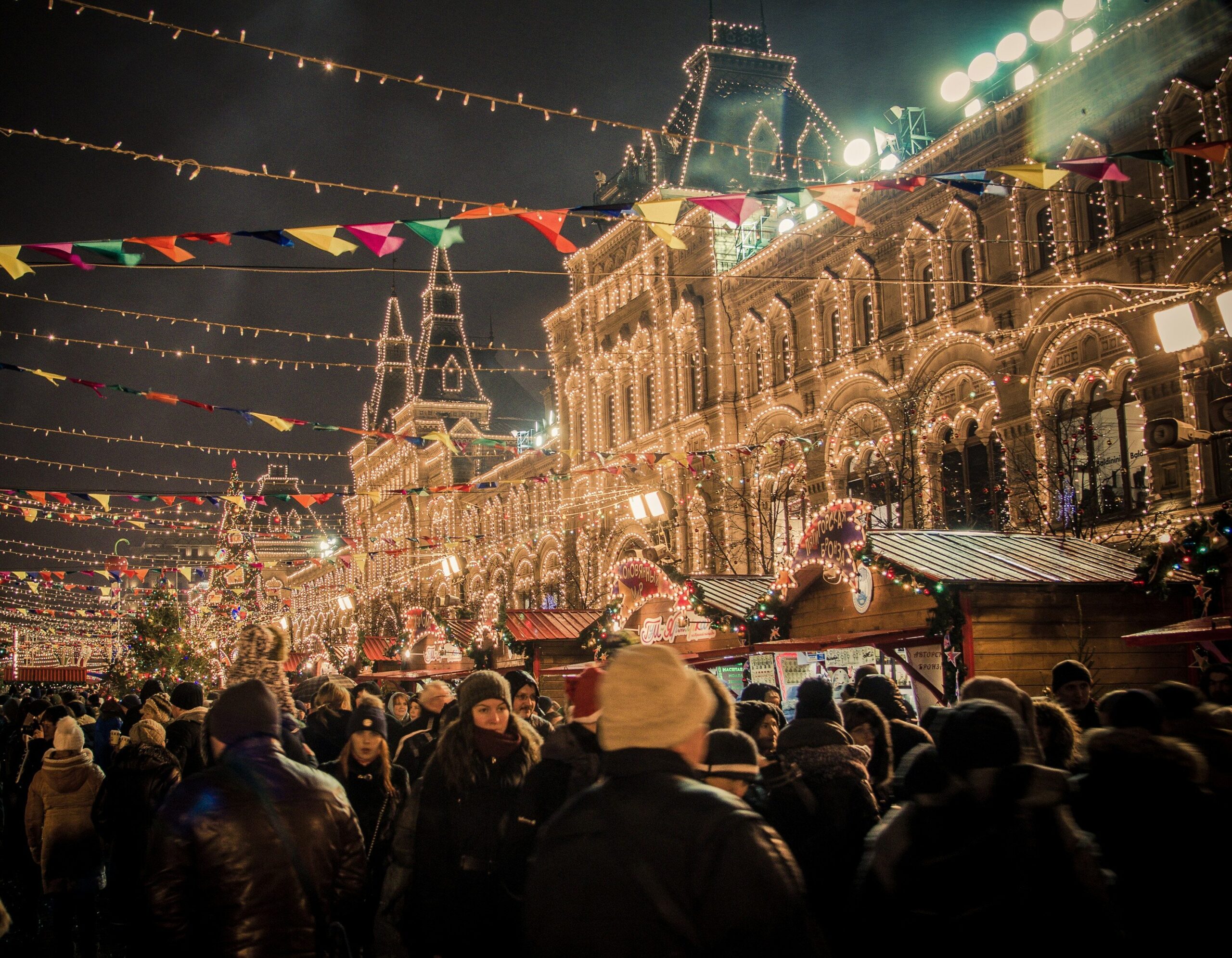
I have a sense of God rolling divine eyes at me every year: ‘Do you still not understand that I’m willing to take anything I can get on the part of humanity, even if it’s the barest remnants of Christian folk memory?’
A generous God
We may think that our own or other people’s approach to Christmas covers the bare minimum, but the Christmas story, as it unfolds, is all about God’s lavish generosity encountering the meagreness of our poverty and transforming it into gift. Most of the characters in official positions are gloriously unaware of their own limitations. Think of Zechariah, Herod, Caesar Augustus and even the Magi. They are all men of power, but they have no idea or fail to recognise what is happening right beneath their noses. Mary and Elizabeth, Joseph and the shepherds manage rather better, but, like the Magi, each of them also has to undertake a journey that consists in relinquishing set notions of who God is and how God acts in human affairs, accepting that, in this case, they are dealing with the God of surprises.
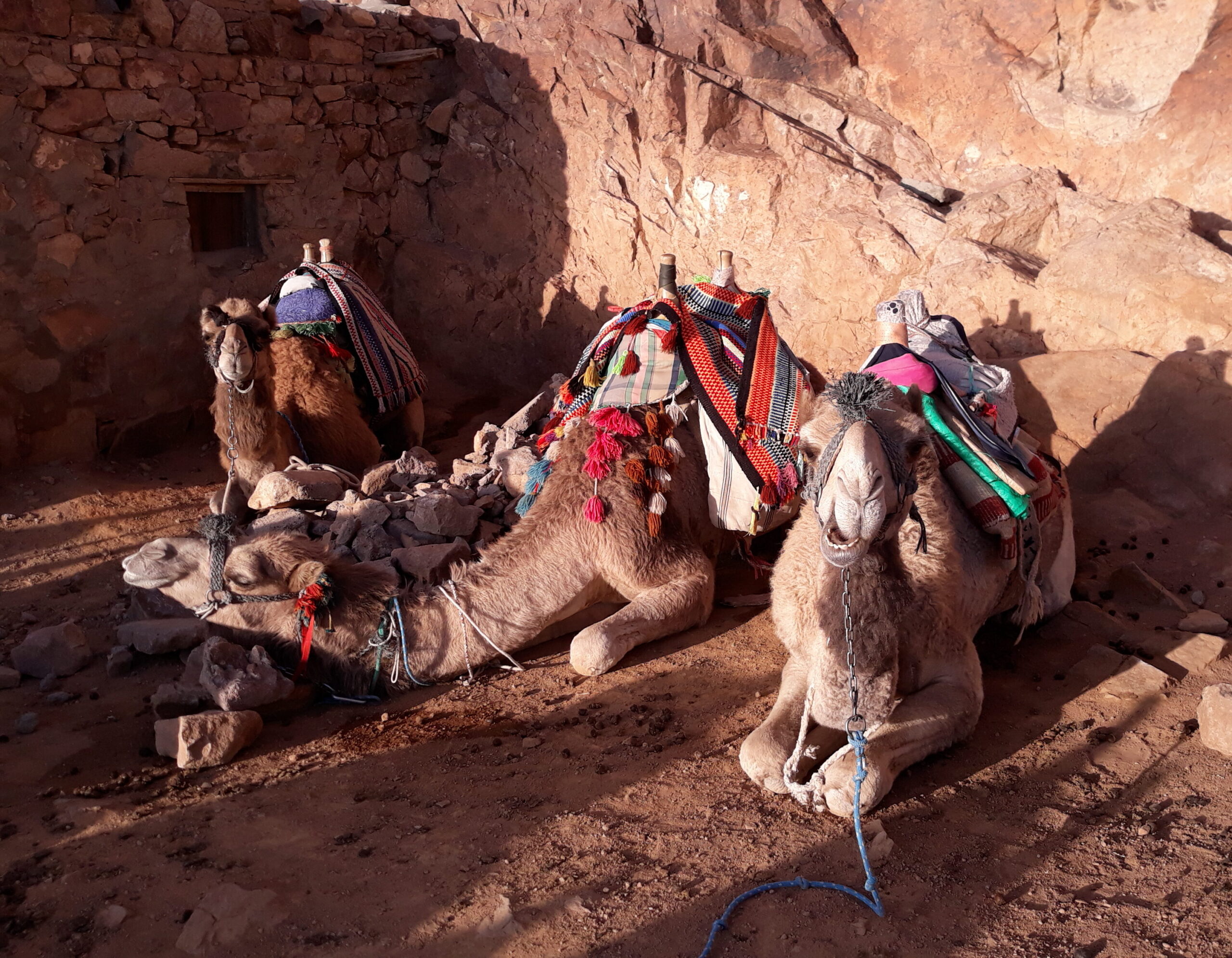
I agreed to ride up the mountain on a camel. I don’t think I have ever had a more agonisingly uncomfortable journey.
Photo © Gemma Simmonds
Harsh realities
In nativity plays and Christmas liturgies where real sheep and donkeys appear, they are usually clean, well-behaved, soft-pelted and enchanting. My own experience of riding a donkey or a camel for any length of time is an entirely different matter. During a sabbatical visit to the Holy Land in 2019, I had the great privilege of spending a term at the Tantur Ecumenical Institute, which stands above the checkpoint into Bethlehem. We travelled to St Catherine’s Monastery in the Sinai desert and were offered the opportunity to trek up the mountain and watch the sunrise.
It seemed a wonderful idea at the time, but I knew my physical limits, so I agreed to ride up the mountain on a camel. I don’t think I have ever had a more agonisingly uncomfortable journey, well-padded in the rear though I am. I don’t know if, like T.S. Eliot’s camels in ‘The Journey of the Magi’, they were galled and sore-footed, but they were certainly refractory. I came to have a healthy respect for the Magi themselves and an equal respect and sympathy for the heavily pregnant Mary journeying from Nazareth to Bethlehem on her donkey.
It all looks so calm and beautiful on the Christmas cards, but the reality is far harder, more uncomfortable, tedious and painful. I suspect that Advent and Christmas themselves are rather like this for many people. We love the idea, but getting down to it can be daunting for all sorts of reasons. Family dynamics can be tense, financial or social challenges can make what we offer seem paltry in light of the yearly expanding Christmas extravaganza pressed on us by the advertising industry.
We want to exhibit faith, hope and love, but they can all waver before the bitter realities on the daily news. Yet I remember a moment, halfway up Mount Sinai, when we got off our camels with distinct relief and crowded into a little bivouac where local people plied us with herbal tea and vastly overpriced snacks. It was so cold that we shivered even though we were packed in like sardines, but there was a real sense of communion and of fellowship as we snatched a few minutes of comfort from one another while the camels groaned and snorted on their knees on the edge of the mountain outside.
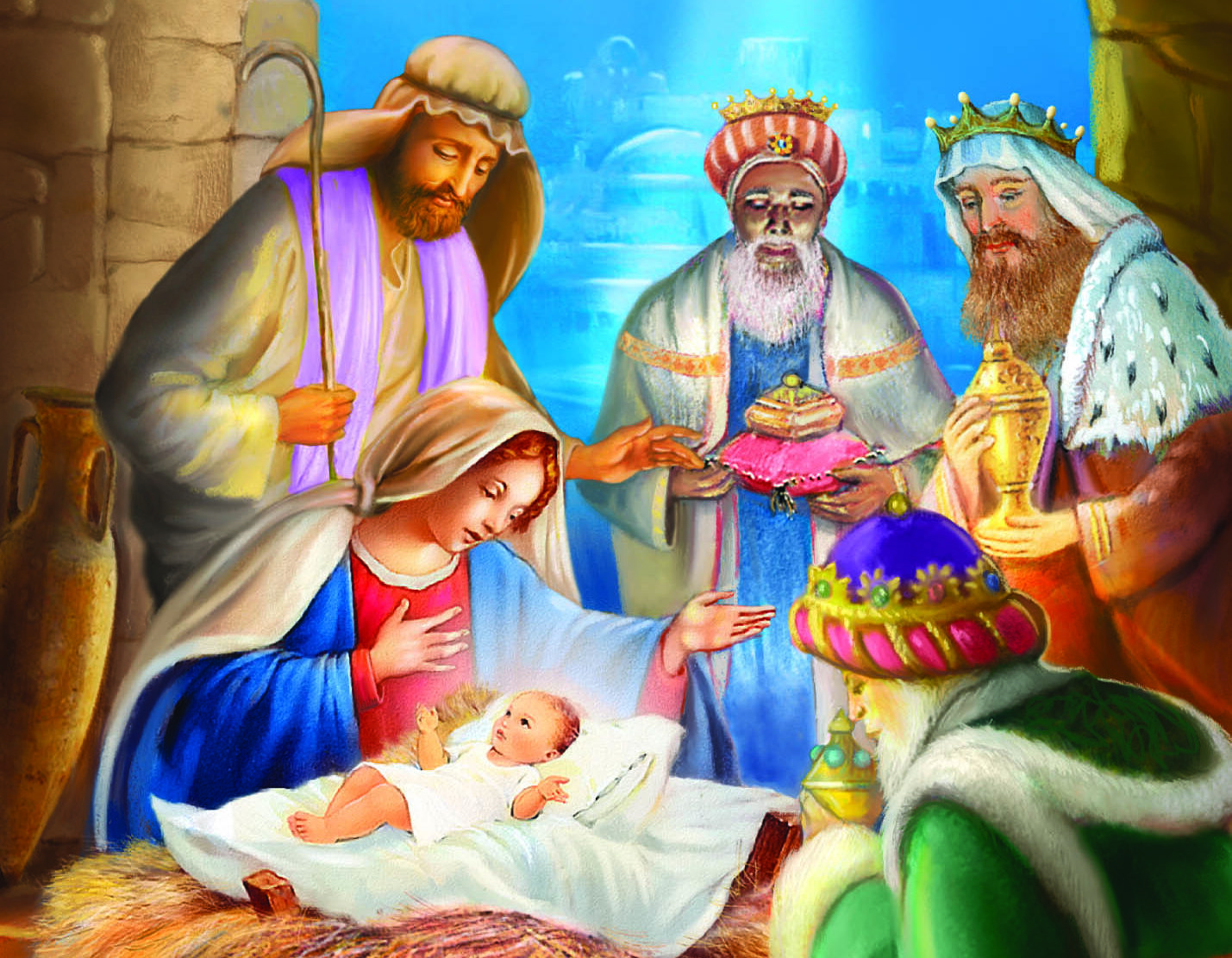
It all looks so calm and beautiful on the Christmas cards, but the reality is far harder, more uncomfortable, tedious and painful.
The Advent pilgrimage
My hope is that the reflections in Donkey Roads and Camel Treks might be of use not only for individuals once more setting out on the yearly road to Bethlehem, but also for groups journeying together in the global caravan of half-believers, dogged hopers and random fellow travellers. The themes behind the Christmas story have never seemed as relevant as they do today. The political regime in the United States triumphed at the polls with an anti-migrant, us-and-them rhetoric which has distinct echoes of the refusal of hospitality at the inn of Bethlehem. Legislation that would make it easier to kill the unborn, the terminally ill, the frail elderly and the disabled sits uncomfortably well within the story of Herod and his massacre of the innocents, as do the disastrous wars in Palestine, Ukraine, Sudan, Myanmar, Yemen and beyond.
The failure of many religious leaders to listen to critical questions and to the voice of experience among the faithful is akin to the perturbation felt by ‘the whole of Jerusalem’ as those on the outside arrive with a message from God whose implications overturn all the comfortable assumptions of those on the inside about how God acts within the world and how religious systems should function. Once again, in our own time, it is the poor, the disregarded and the dispossessed who so often see more clearly than those in power, both secular and sacred, whose privilege can blunt their capacity to see things as they are and imagine how they could be.
Here and now, this Advent, we are invited to saddle up our camels or our donkeys and begin the journey anew. Even if we only get to spend a few minutes a day or a few snatched moments during the general Advent mayhem, God is more generous than we could ever ask or imagine. The scriptures, songs and themes of Advent and Christmas are so rich that we cannot escape being reminded that if we give God a millimetre, then a mile will be taken. Jesus, who fed 5,000 with a few loaves and two fish, will take what crumbs of faith, hope and love we can gather and will make a feast of them. That’s why it’s worth setting out with our companions and becoming Advent pilgrims in whatever way we can.

